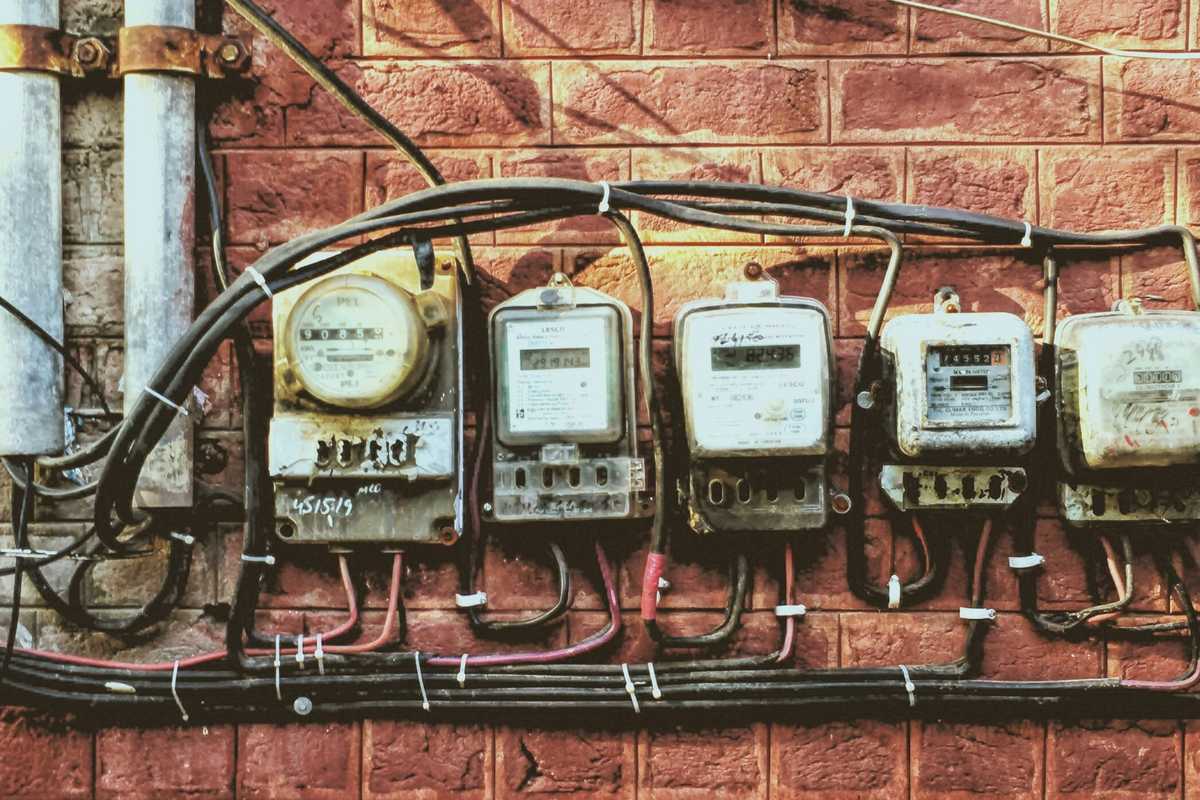Pakistan announces electricity tariff cuts by up to PKR 7.59/kWh
PM Shehbaz Sharif signals shift toward privatization of distribution companies, competitive power market
Business Desk
The Business Desk tracks economic trends, market movements, and business developments, offering analysis of both local and global financial news.

Prime Minister Shehbaz Sharif of Pakistan announced a significant reduction in electricity tariffs on Thursday, following a meeting at the Power Division.
The new rates lower domestic consumer tariffs by PKR 7.41 per to PKR 34.37 per kilowatt-hour, while industrial tariffs are reduced by PKR 7.59 to PKR 40.6 per kilowatt-hour.
The tariff adjustments are part of broader strategic measures, including the termination of agreements with six Independent Power Producers (IPPs), revisions to contracts with 16 IPPs under a "take-and-pay" model, and the conversion of bagasse power plants' currency from U.S. dollars to Pakistani rupees. Additionally, the return on equity for government power plants has been reduced to 13%, with the exchange rate set at PKR 168.
Officials noted that the revised tariffs reflect the impact of declining global oil prices since March 16. The International Monetary Fund (IMF) has approved the relief package, which includes a three-month freeze on oil prices.
Sharif highlighted the challenges faced by the economy, including its near-default status, and praised the government's efforts to secure the IMF's extended fund facility. He reported that interest rates have dropped from 22% to 12%, inflation has decreased to 1.5% as of February, and fuel prices have been reduced by PKR 38 per liter, making them among the lowest globally.
The prime minister emphasized the need for privatization and right-sizing to achieve sustainable growth, citing restrictions on subsidies imposed by the IMF. He pointed out that state-owned enterprises incur annual losses of PKR 800 billion, which he described as a "bottomless pit." Mechanisms are being developed to redirect these funds to the national exchequer.
Sharif also addressed the issue of electricity theft, which amounts to PKR 600 billion annually, and stressed the importance of eliminating it. He announced that PKR 3,696 billion will no longer be paid to IPPs starting next year, a sum originally scheduled for payment over 15 years. Circular debt, currently at PKR 2,393 billion, will be gradually reduced through new arrangements.
The prime minister plans to initiate another round of meetings with the business community to address the impact of high electricity costs on industrial production.
PM announced the government is set to introduce a competitive electricity market and move toward the privatization of distribution companies as part of its broader economic strategy. This initiative aims to enhance efficiency, reduce costs, and attract investment in the power sector.







Comments
See what people are discussing